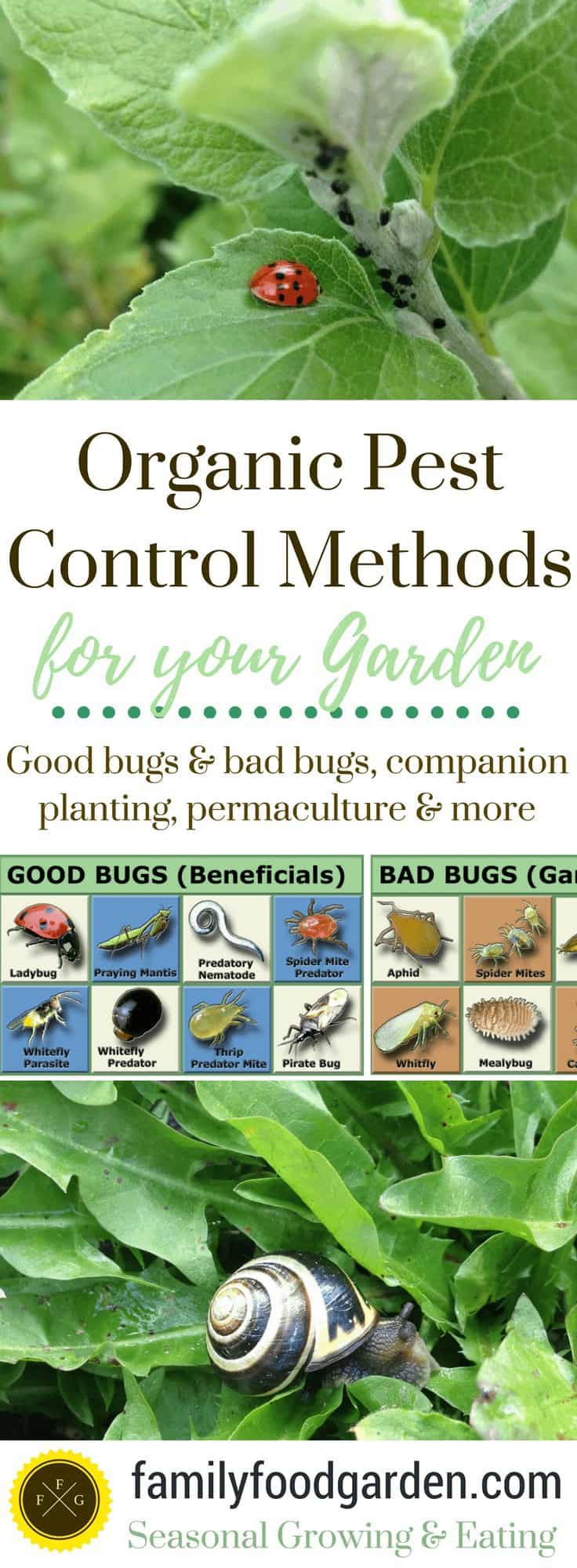Organic Pest Control, Top Tips for a Thriving Garden

Organic Gardening Tips for Pest Control: Cultivating a Thriving Garden Naturally
Understanding the Importance of Organic Pest Control
Maintaining a garden free from pests is a challenge every gardener faces. While chemical pesticides offer a quick solution, they pose risks to the environment and human health. Embracing organic pest control methods not only safeguards your garden but also promotes a sustainable ecosystem. By focusing on natural solutions, you can nurture your plants while preserving biodiversity.
Identifying Common Garden Pests
Before tackling pests, it's crucial to recognize them. Common offenders include aphids, caterpillars, flea beetles, and slugs. Each pest damages plants in distinct ways, from leaf curling to stem destruction. Identifying them early enables proactive pest management.
Top Tips for Organic Pest Control
Encourage Beneficial Insects Beneficial insects like ladybugs and lacewings are natural predators that curb pest populations. Planting nectar-rich flowers such as cosmos and marigolds attracts these allies to your garden.
Use Companion Planting Strategic planting of pest-deterring plants like marigolds and basil alongside susceptible crops helps deter pests naturally. This method not only protects plants but enhances biodiversity in your garden.
Monitor Your Garden Regularly Conduct routine inspections to catch pest issues early. Prompt detection allows for swift intervention before pests overrun your plants.
Implement Physical Barriers Lightweight row covers act as shields against pests while permitting sunlight and water penetration. These barriers safeguard plants without harmful chemicals.
Utilize Organic Insecticides Organic insecticides such as neem oil and garlic sprays effectively combat pests while preserving garden health. These solutions target pests without compromising environmental integrity.
Maintain Good Garden Hygiene Regularly remove debris and weeds that harbor pests. Clearing dead plant material minimizes pest breeding grounds, promoting a healthier garden ecosystem.
Deploy Natural Repellents Natural substances like garlic and essential oils (e.g., peppermint, eucalyptus) serve as potent repellents against pests. These alternatives offer effective protection without synthetic additives.
Eco-Friendly Solutions for Pest Control
In addition to the above tips, consider eco-friendly alternatives for pest management:
- Baking Soda: A solution of baking soda and water combats fungal diseases and pests effectively.
- Neem Oil: Acts as a multipurpose solution, serving as a pesticide, fungicide, and miticide.
- Garlic: Crushed garlic serves as a potent natural pesticide, targeting aphids and whiteflies.
Safe Pest Control Methods
Prioritize safety when employing pest control methods:
- Protective Gear: Wear gloves, long sleeves, and masks when handling pesticides.
- Follow Instructions: Adhere to usage guidelines for pesticides to safeguard health and environment.
- Secure Storage: Store chemicals securely, out of reach of children and pets.
Conclusion
Organic pest control is not merely about protecting plants; it's a commitment to sustainability and environmental stewardship. By adopting natural methods and maintaining vigilance, you ensure a thriving garden ecosystem that flourishes without harm. Embrace these practices to enjoy a beautiful, pest-free garden that sustains for generations.
FAQs
How do I know if my garden has a pest problem? Regularly inspect your garden for signs like damaged leaves or unusual growth patterns.
Can I use chemical pesticides in my organic garden? No, organic gardening excludes chemical pesticides. Opt for natural methods instead.
How do I store pesticides safely? Store pesticides in a secure place, following label instructions, away from children and pets.
Can essential oils repel pests effectively? Yes, essential oils like peppermint and eucalyptus diluted with water can act as natural repellents.
How often should I inspect my garden for pests? Weekly inspections help catch pest issues early, preventing severe infestations.
For more insights on organic pest control, visit Roda's Organic Life for expert tips and guidance on fostering a healthy garden environment.
0 Response to " Organic Pest Control, Top Tips for a Thriving Garden"
Post a Comment